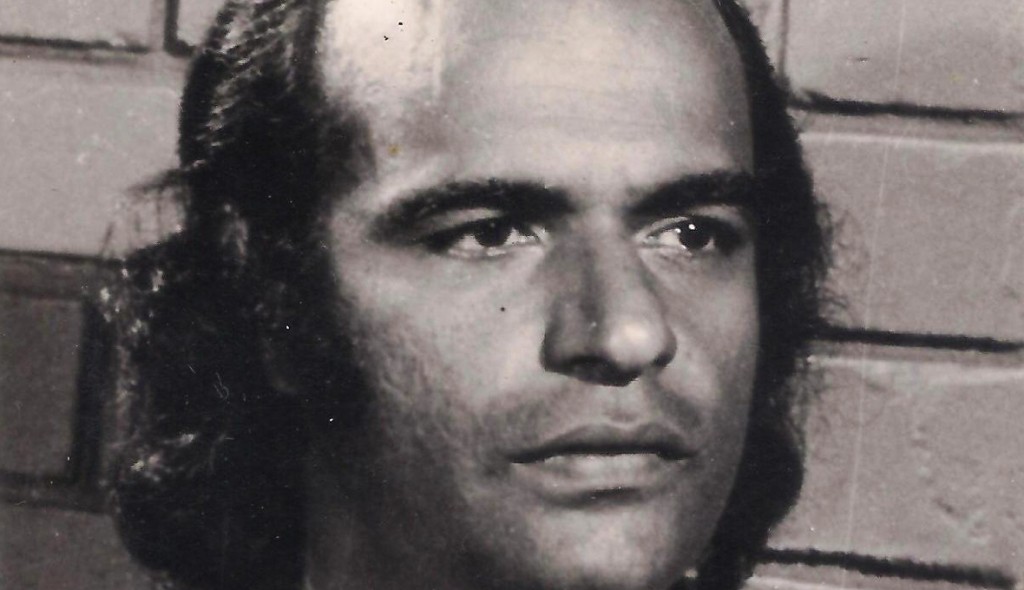Gopi, aka Bharath Gopi, was one of Malayalam cinema’s greatest ever actors. He brought to Malayalam cinema a new kind of rigour, robustness and vibrancy that drew its energy both from the best of theatre as well as cinema. His acting style drew a lot from the new theatre movement that was experimenting with new idioms in our language. At the same time, his acting was also deeply informed by a keen awareness about new cinema movements from all over the world – the reason why his acting style fascinated filmmakers like Mani Kaul, Govind Nihlani etc. who made films with him as protagonist.
Born Gopinathan Velayudhan Nair on November 2, 1937, Gopi belonged to a tradition of acting that is pre-Television, for the kind of involvement, reflexivity and intensity that he brought to his performances. Honing his skills, knowledge and techniques through interactions and working with theatre legends like G Sankara Pillai, CN Sreekantan Nair and Kavalam Narayana Panicker, who belong to different schools yet tried to create a contemporary indigenous theatre in Malayalam, Gopi developed a keen understanding of the art and practice of acting, both traditional and modern. In his early works he had the opportunity to closely associate with artists like Aravindan who later moved into cinema and used his skills in celluloid medium.
Right from his first appearance in cinema, a small but very intense one in Adoor Gopalakrishnan’s Swayamvaram (1972), Gopi developed his own unique style of acting. Through his rustic and down-to-earth performances in films like Kodiyettam (1977), Palangal (1981), Yavanika (1982), Kattathe Kilikoodu (1983), Panchavadippalam (1984), Chidambaram (1985), Ormakalunda-Yirikkanam (1995) etc Gopi created a niche for himself in Malayalam Cinema – one that was marked by its brilliance, variety and intensity. He could easily transform himself into a rural simpleton like Sankarankutty (Kodiyettam for which he won the National Award for Best Actor), a middle-aged professor (Kattathe Kilikkoodu), a lecher who is ready to go any length to satisfy his lust (Palangal), the exuberant drunkard of a tabla player (Yavanika), the wily village merchant (Kallan Pavithran (1981)), the coward who leaves his village in fear of a killer and seeks refuge in another place (Peruvazhiambalam (1979)) a man traumatized by guilt (Chidambaram), or a wily local politician (Panchavadipalam).
The spectre of stardom never hung over Gopi’s performances; instead he was an actor who was constantly spurred on by challenging and different roles, which in turn stimulated many directors. It was due to his uncompromising attitude to his vocation that despite his talents and demand, he acted only in less than 100 films, most of them in the 1980’s. He acted in almost all the best directors of the period like Adoor Gopalakrishnan, Aravindan, K G George, Bharathan, and P Padmarajan in Malayalam as well as Mani Kaul (Satah se Uthata Aadmi (1980)) and Govind Nihalani (Aaghat (1984)) in Hindi. He was very choosy about his roles, but once he committed himself, he gave it everything. No wonder why he was able to redefine the image of the male hero in Malayalam cinema.
An untimely paralytic stroke halted his career which was in its peak. And it was definitely his irrepressible energy that sustained his involvement in cinema even after he overcame his physical disability – one from which he never fully recovered. He directed five films: Ente Hridhayathinte Utama (2002), Yamanam (1991), Ulsavapittennu (1989), Dheivatheyorthu (1985) and Njattadi (1979). In his directorial ventures like Ulsavapittennu, which has one of the most shocking ends in Malayalam cinema, and the offbeat Njattadi, he tried to tell some strange but very rooted narratives about lives around us.
Unlike other actors, acting was not just a pastime for him. Anyone who has talked to him would be impressed by his deep knowledge about the nuances of the art as well as his understanding about what is happening around the world. His oeuvre is sure to be one that will be remembered, revered and studied for a long time to come.
The Gopi-Asan of Malayalam cinema passed away on January 29, 2008. His death not only marks the end of an era and the exit of a seasoned thespian, but also of the passing of a certain kind of acting tradition in our cinema.


